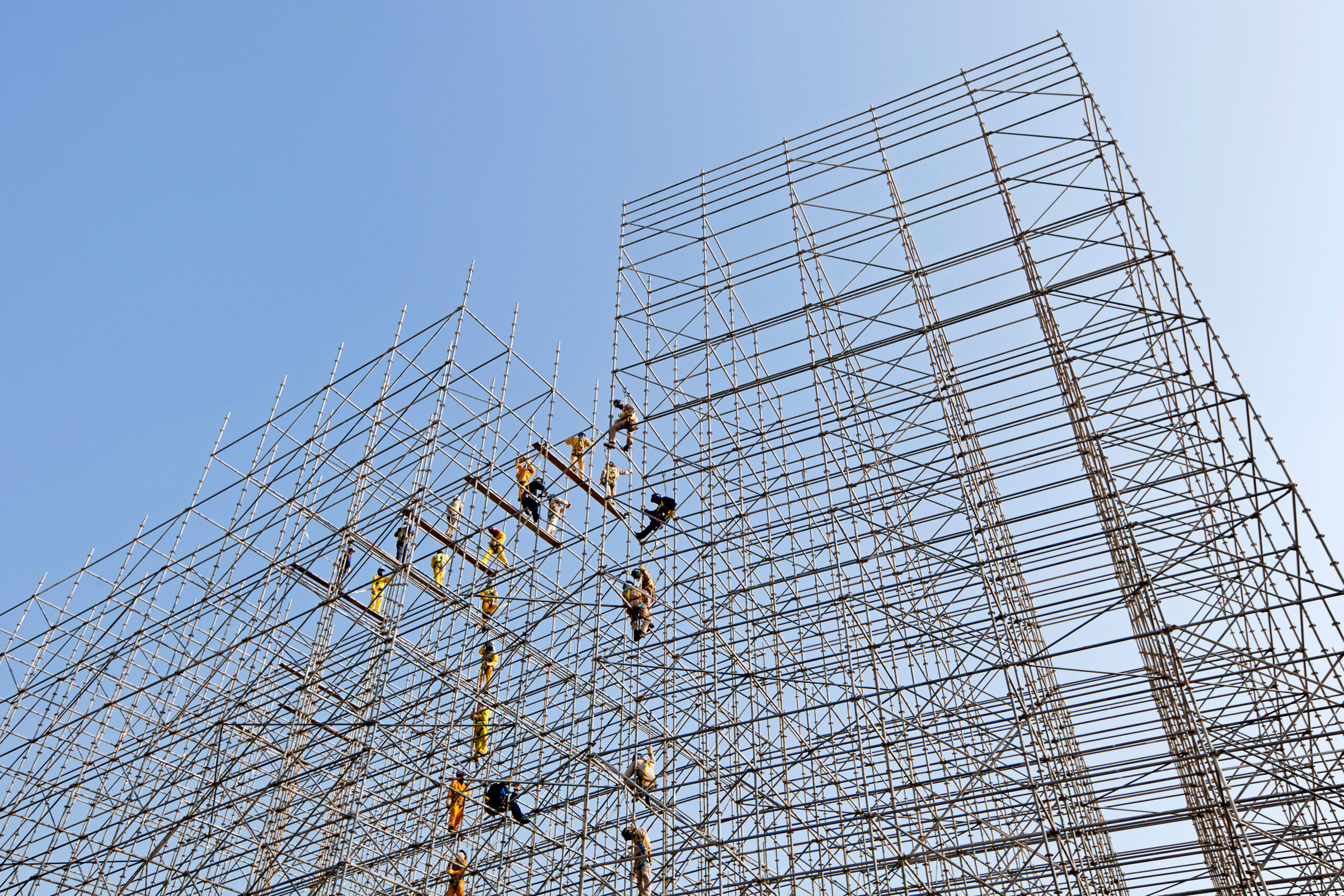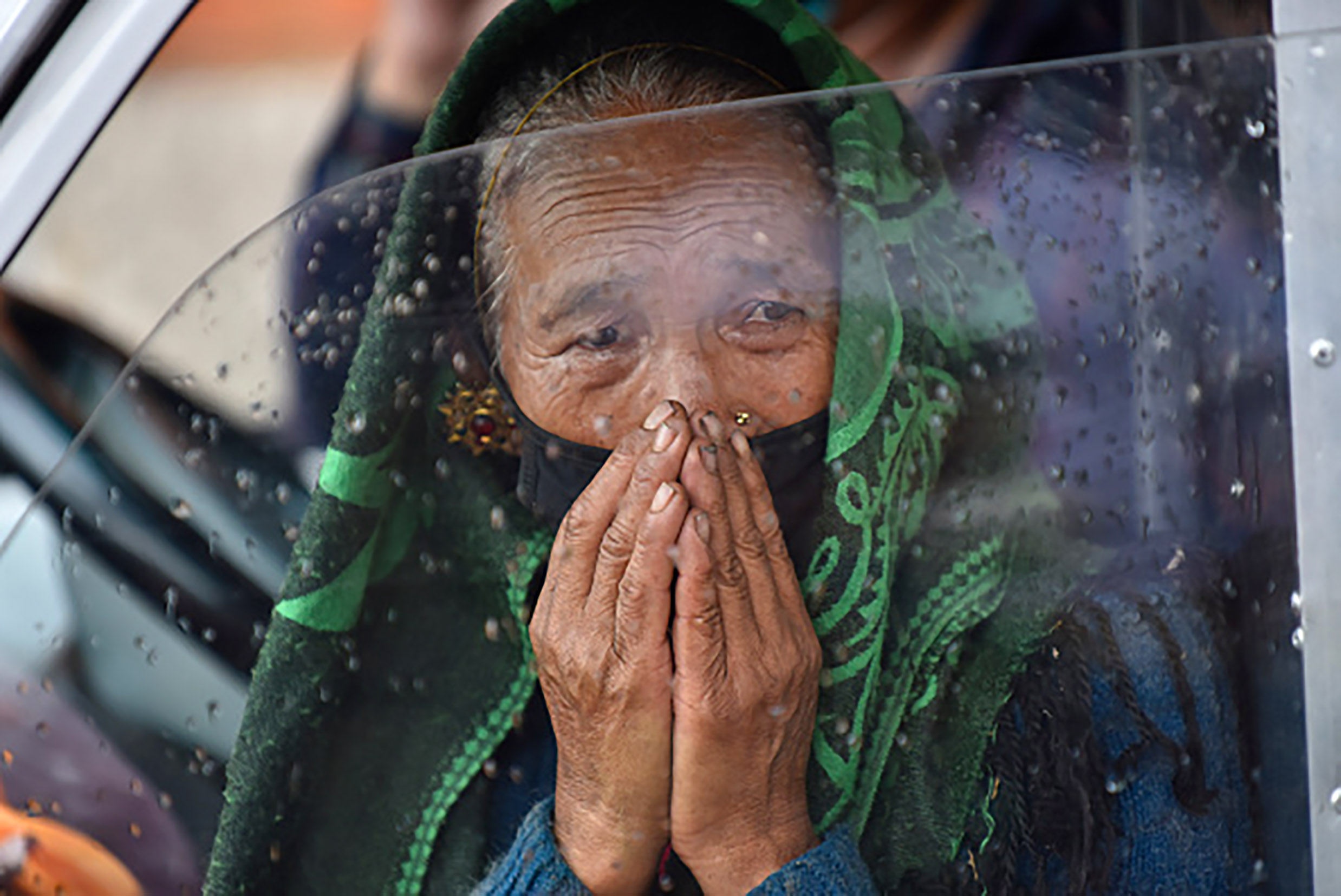
A report researched and drafted by masters students at the Université Côte d’Azur under the guidance of members of the law faculty and in association with FairSquare suggests that the French due diligence law may not prevent or effectively mitigate the risk of French companies being involved in projects where workers are subjected to serious rights abuses in the Arab Gulf states’ construction sectors.
The legal clinic is a student-led project designed to give students experience of involvement in professional work and the aim is to produce legal research that makes a positive contribution to the field of legal knowledge. The focus of this report was the French due diligence law and its capacity to ensure that French construction companies can effectively mitigate the risks of forced labour in projects in the countries of the Arabian Gulf.
FairSquare research has found that across the Gulf, migrant workers face severe risks of exploitation and to their health. This was highlighted most clearly in relation to the construction of infrastructure and stadiums for the Qatar World Cup in 2022.
The French due diligence law (LOI n° 2017-399 du 27 mars 2017 relative au devoir de vigilance des sociétés mères et des entreprises donneuses d’ordre (1)) created an obligation for joint-stock companies employing at least 5,000 employees in France or at least 10,000 employees worldwide to establish, implement and publish a vigilance plan.
The company’s vigilance plan must establish effective measures to identify risks and prevent severe impacts on human rights and the environment resulting from the company’s own activities, and the activities of companies it controls directly or indirectly (i.e. subsidiaries as defined by French corporate law), and its subcontractors and suppliers with whom the company has an established commercial relationship, when the activities are linked to this relationship. Measures include risk mapping, tailored actions to mitigate risks or prevent severe impacts, an alert mechanism, and a system to monitor the effectiveness of measures implemented.
The report’s key findings are as follows:
- The application of French law is beginning to produce concrete legal effects. As of March 1, 2023, 18 formal notices to companies subject to the corporate duty of vigilance had been recorded since 2019, with a clear acceleration of this trend since 2021.
- The general nature of the mitigation measures provided for in the law do not require companies to impose measures that would overly restrict their operations in the most challenging contexts. Comparative analysis of the vigilance plans produced by two of France’s biggest construction companies, Bouygues and Vinci, indicates that firms can fully adhere to their reporting obligations under the law, while not necessarily imposing steps that would restrict their ability to operate in sectors where the risk of forced labour is high, and their capacity to mitigate that risk is low.
- According to experts familiar with both the practical effectiveness of the law and the construction sector in Qatar, which enjoyed a boom linked to the 2022 men’s World Cup, the length and opacity of labour supply chains in Qatar, combined with the acute risks of abuse in the lowest tiers of these chains, reduces the effectiveness of supply chain due diligence as a response to human rights violations. The problem is likely to be similar in neighbouring Saudi Arabia, where many French companies are seeking lucrative construction contracts linked to giga-projects such as NEOM and the 2034 men’s World Cup. It would therefore be unwise, for the time being, to consider the vigilance law as an effective means of mitigating the risk of French companies being involved in projects in the Gulf that result in serious violations of workers’ rights, up to and including forced labour.
- Factors beyond the due diligence law appear to be highly significant in driving change. After the French NGO Sherpa filed several criminal complaints with civil action between 2018 and 2019 against the Vinci group for forced labor, the group significantly improved its vigilance mechanisms. Vinci’s due diligence plans are more detailed and rigorous than those of Bouygues.
Nick McGeehan, FairSquare co-director, said:
“We were delighted to collaborate with the students and faculty at Université Côte d’Azur on this valuable study. We believe it makes an important contribution to understanding both the positive impacts and limitations of human rights due diligence legislation, in relation to contexts such as the construction sector in the Gulf.”
A full copy of this report was shared with Vinci and Bouygues ahead of publication in January 2025. Vinci’s comments on the report can be read in full here.
Acknowledgements
FairSquare would like to thank Alma Nebot, Chloe Desbonnes, Lola Françoise Cristina Pontillo and Laetitia Simon for the research and writing of initial drafts of this report (and their patience awaiting its publication), Louise Cherrier and Raphaelle Didillon, whose work on a previous report informed its findings, and Université Côte d’Azur faculty members Manon Dosen-Lepoutre, Chiara Parisi, Mehdi Mezaguer. A special note of thanks goes to Daniel Ventura.

